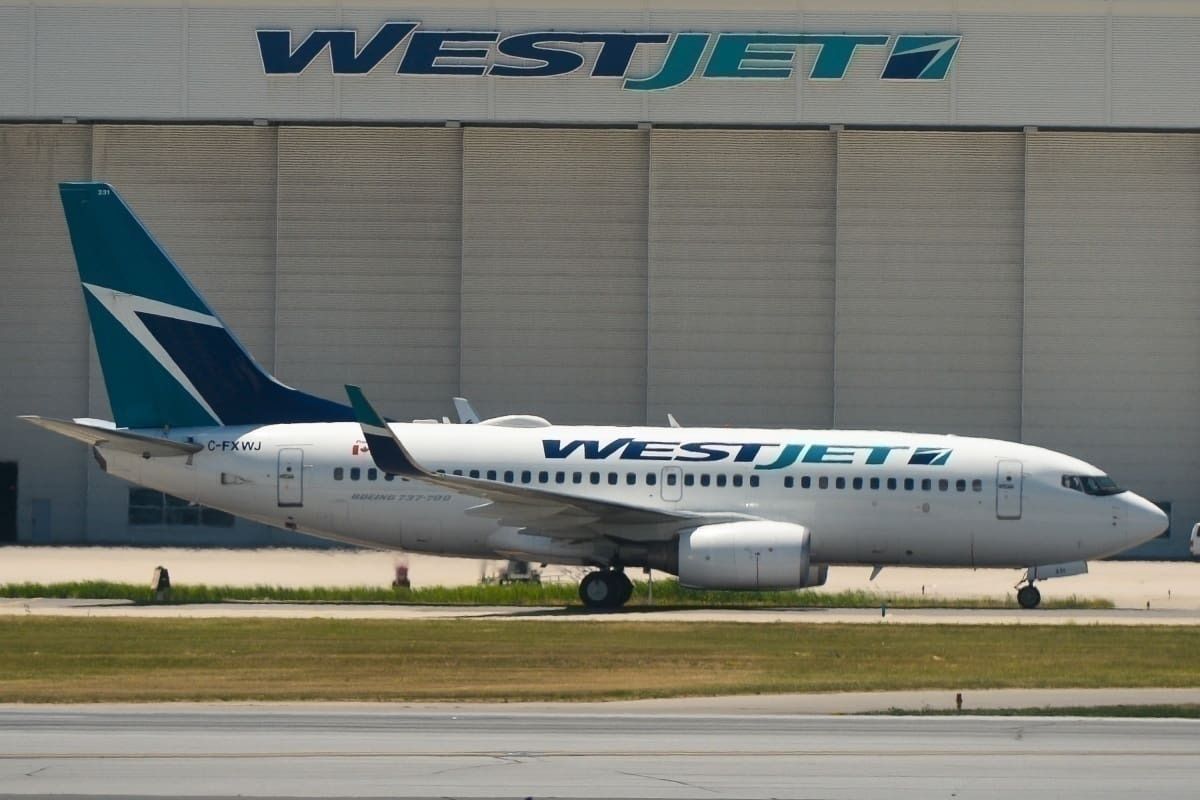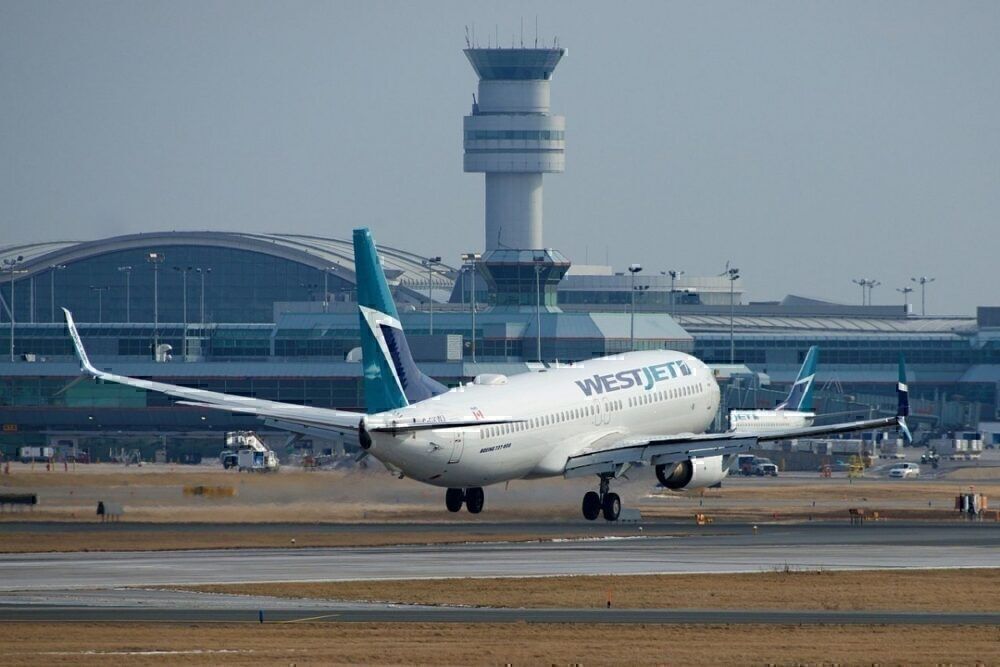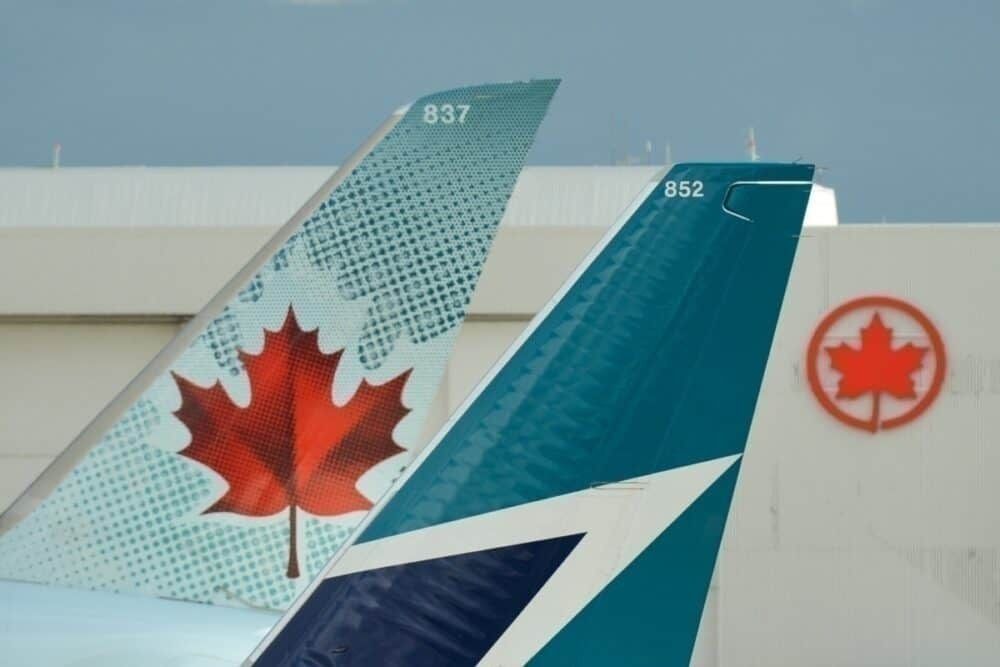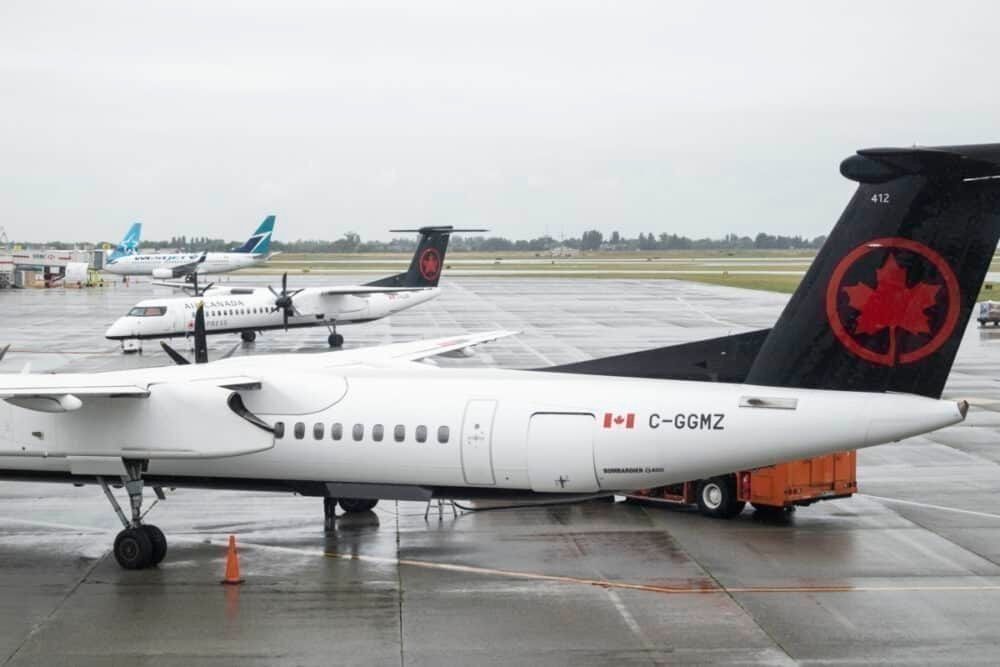This past June, we reported on Canada's Air Navigation Service Provider, NAV CANADA, increasing the service fees it charges to airlines. The increase in fees was set to be a whopping 29.5%. It appears that this proposal has gone through. WestJet has announced that it will, in turn, increase its domestic traveler surcharges to account for this increase, effective September 5th.
"We are deeply concerned the NAV CANADA rate increase will lead to a further reduction in the number of travellers,"We are sympathetic to their situation, like ours, where a lack of sector-specific federal support has hindered their ability to recover. Burdening travellers who have been severely impacted by this pandemic with incremental costs will only serve to undermine Canada's economic recovery." - Ed Sims, President and CEO, WestJet
A modest fare increase
According to a press release put out by the airline today, WestJet passengers will see an increase of C$4-7 per guest depending on flight duration. This equates to just US$3-5.30.
Interestingly, the airline notes that the estimated NAV CANADA rate increase will range from $6 to $9 per guest paid by the airline. However, WestJet's surcharge increase will range from $4 to $7 per guest. This implies that WestJet will be 'sharing' part of the cost with passengers, with guests paying two-thirds of the increase while WestJet takes the remaining third.
WestJet says that the surcharge increase is being made to recover the costs imposed by NAV CANADA. However, it adds that it is investigating an appeal of the rate increase and will remove the additional surcharge if the appeal is successful.
The budget airline Swoop, part of the WestJet group of airlines, had the following to say:
"Swoop will be evaluating a response to any proposed increase in the cost of air travel, and remain committed to providing accessible and affordable ultra-low cost fares for Canadians."
A difficult situation for all parties
Fare increases and/or additional surcharges are never a popular move. It would be easy to place blame on the airlines or NAV CANADA for the situation. However, the problem is not that simple. The statement below was made by NAV CANADA when we first reported their increase proposal in June:
“NAV CANADA is proposing this rate action only after having actively pursued all available alternatives, including government assistance. All available alternatives, including further government assistance will continue to be explored and utilized in order to minimize or avoid the proposed rate increase.” – Neil Wilson, President and CEO.
Earlier this year, NAV CANADA also stated that the effects of the pandemic and the decrease in air travel have led to a projected shortfall of C$566.6 million (US$416.6 million) for 2020.
It's also important to know that up until January 2020, NAV CANADA's service charges had not increased since 2004. In fact, over the last 15 years, the company had reduced its rates four times. Another important note is that the organization is explicitly a not-for-profit entity and therefore aims to cover its expenditures and operating costs.
Even higher airfares to come?
Finally, WestJet adds that some airports are indicating an intention to increase Airport Improvement Fees by as much as 52%, which "doesn't help this challenging situation," the airline notes.
"Countries around the world have taken action to limit or defer costs to the aviation industry, yet our situation remains exacerbated by double-digit increases that are beyond our control."
An increase in airport improvement fees at a time when air travel is still in the early stages of recovery will likely see costs being passed on to the passenger. Time will tell how many airlines decide to pass these costs on to travelers or decide to absorb it themselves.
Air travel is critical to the Canadian economy and supports 633,000 direct and indirect jobs and contributes C$64 billion ($48.24 billion) to the Canadian GDP.
What do you think of this unfortunate situation? Did WestJet do the right thing? Do you think other airlines will follow suit? Let us know your thoughts in the comments.




